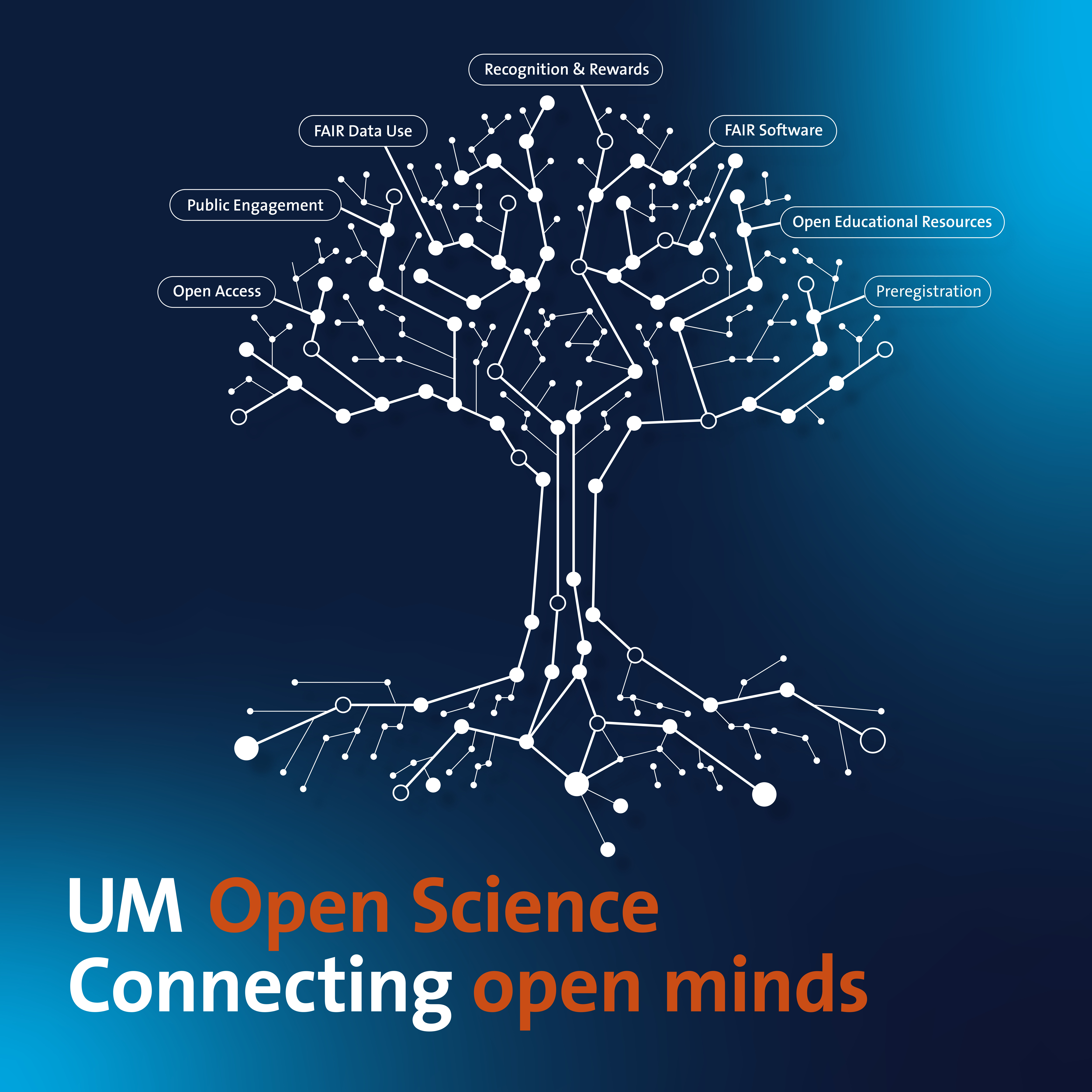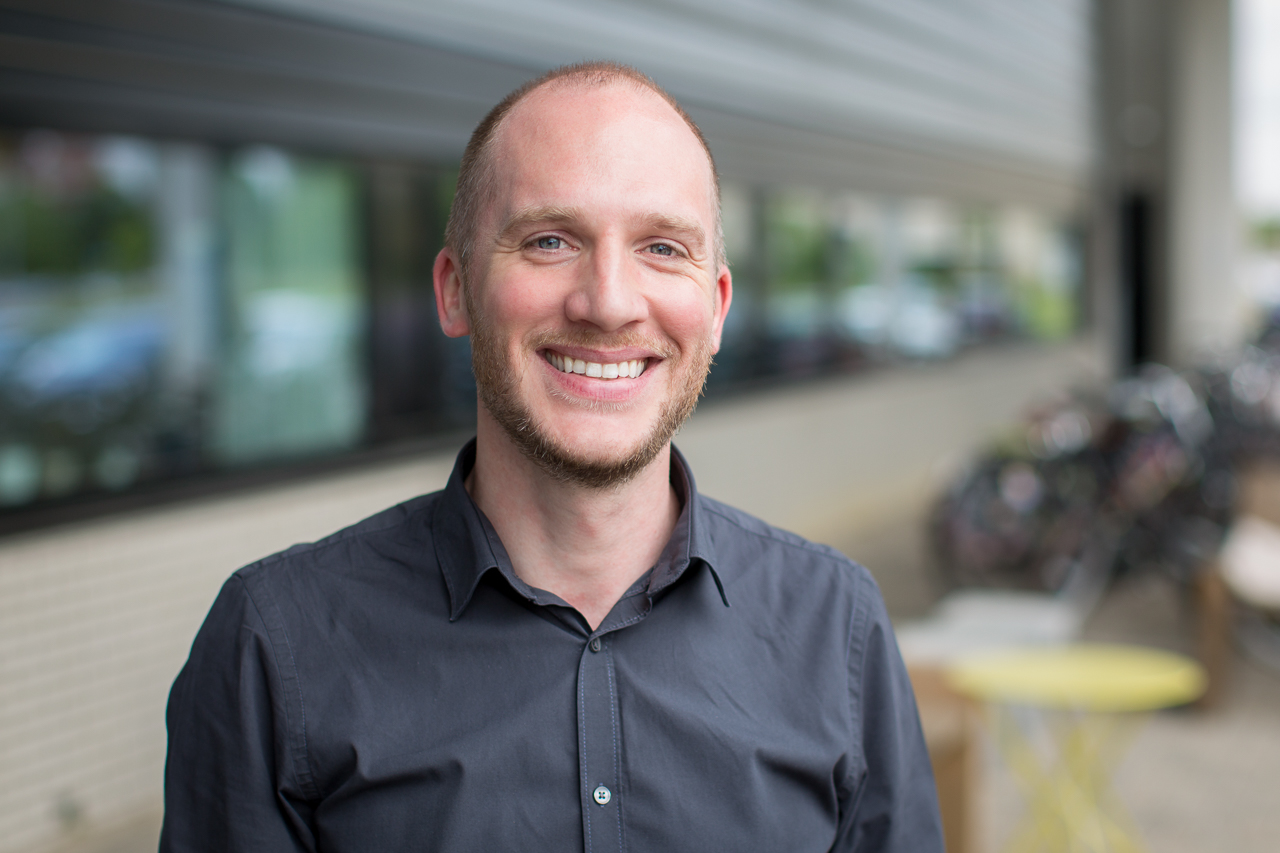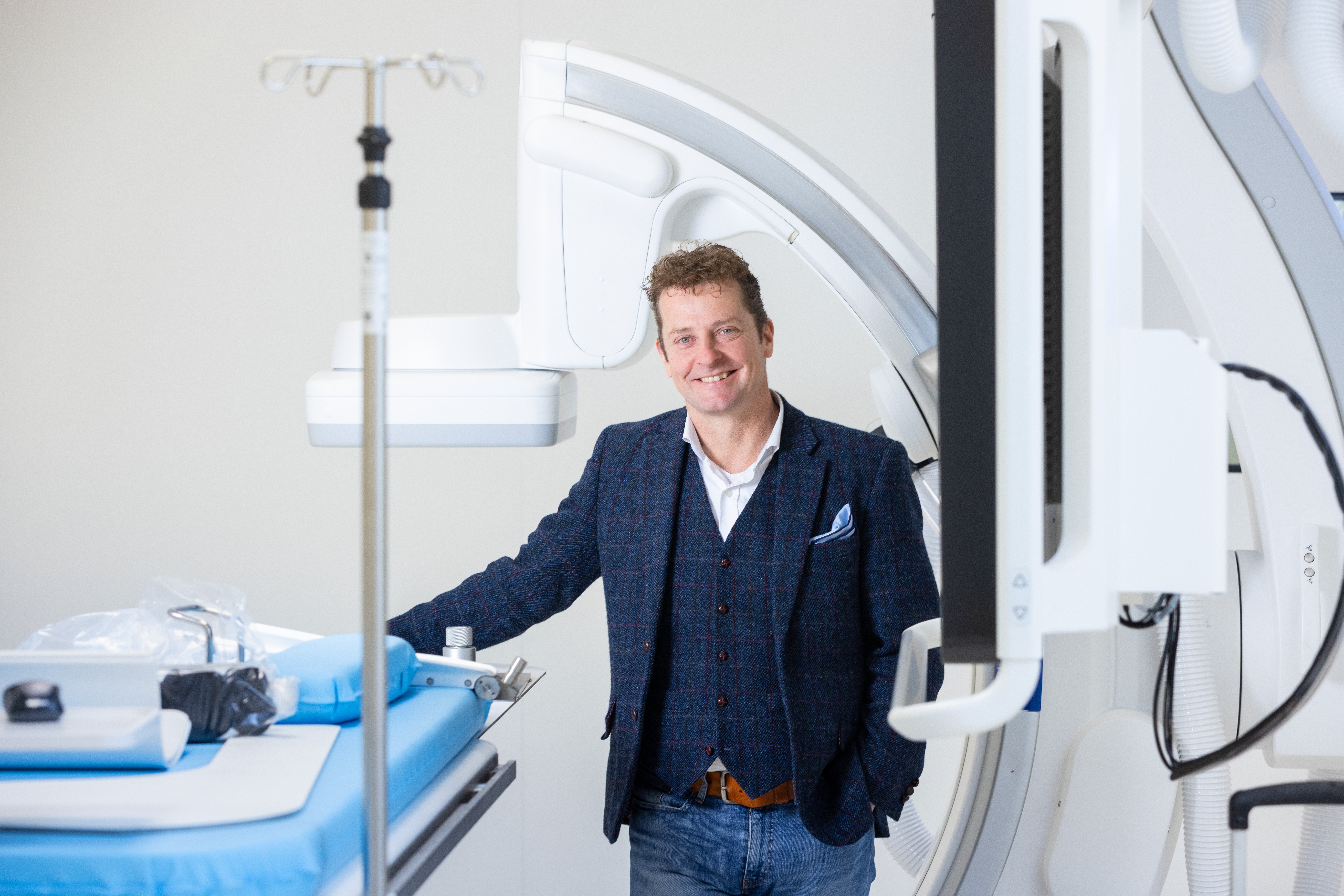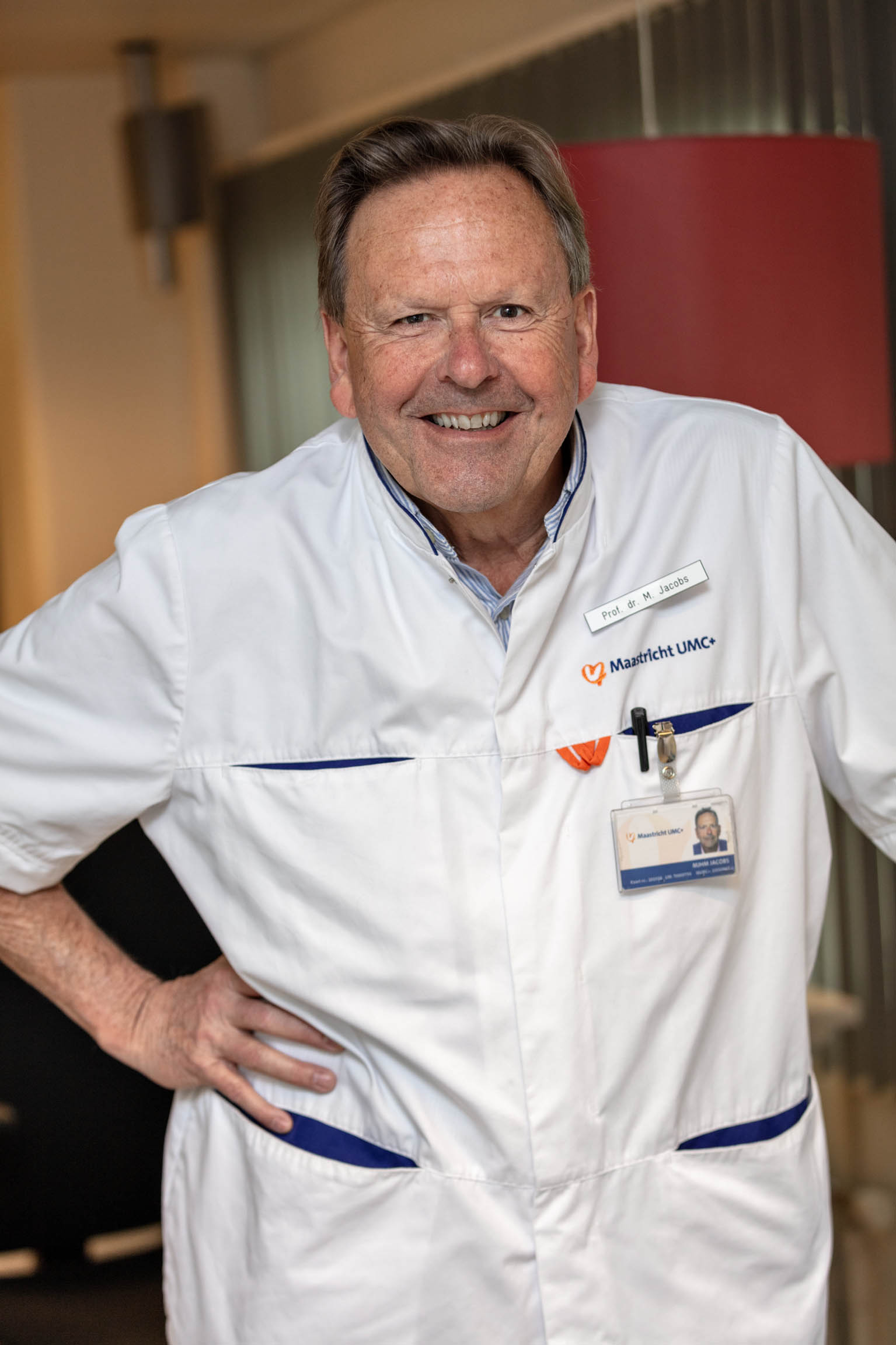The importance of Open Science at UM
Maastricht University (UM) is a leading advocate for Open Science, promoting transparency, accessibility and collaboration in research and education. Dennie Hebels, UM's Open Science Officer, sheds light on the significance of this movement and its impact on academia and society.
Impact and transparency. These two core values are key to both the Open Science movement and the wider ambitions of Maastricht University. This explains why Open Science matters to UM. As Dennie Hebels puts it: “Our commitment to Open Science aligns with our dedication to innovation, cooperation and societal impact, all integral to our university's mission.”
Open Science is an international movement that is picking up steam. It strives to enhance transparency in science by openly sharing research processes, providing free access to findings, and encouraging data sharing. “These practices not only accelerate scientific progress but also fuel innovation, collaboration and impact,” Hebels says.
“By sharing all findings, including failed hypotheses, UM contributes to a more robust scientific community. Open Science extends beyond research and is equally relevant in education. Making educational materials openly accessible benefits educators and widens access to knowledge. UM's dedication to Open Science strengthens its global standing, attracts top talent and ensures that research benefits society at large.”

Download the UM Open Science policy
Check out the Open Science Tree in detail
Putting Open Science into action
UM's journey in Open Science received a major boost five years ago with a national Open Science programme that focused on key aspects such as Open Access, Recognition & Rewards, and making data FAIR (Findable, Accessible, Interoperable, and Reusable).
“By 2022, an impressive 89% of UM publications were Open Access, and a Recognition & Rewards programme was established. Additionally, strides were made in making research data more FAIR, with a focus on infrastructure support.”
Hebels points out that UM's commitment to Open Science extends to new themes like FAIR software, Open Educational Resources (OER), public engagement and preregistration. “Each faculty at UM has developed its action plan to implement the Open Science policy, accounting for faculty-specific differences. The policy's implementation period extends until 2026, promising continued progress in various Open Science domains, thanks to the dedication of motivated colleagues across faculties and the University Library.”
Where does UM stand in the global Open Science landscape?
The Netherlands' national Open Science policy, involving all universities, propels continuous progress across institutions. Hebels: “UM is making strides when it comes to Open Access and boasts a growing Open Educational Resources initiative through Maastricht University Press. There’s a lot happening and it’s difficult (and unnecessary) to say where UM stands."
"Our Open Science journey is dynamic, with ongoing developments and strong inter-university cooperation through various platforms, including the national Regieorgaan Open Science (Open Science NL), Open Science Festivals, thematic working groups, symposia and Open Science Communities. The shared vision is clear: success is a collective effort.”

Dennie Hebels is Open Science Officer at the Maastricht University Library, ambassador for FHML at the Open Science Community Maastricht and project manager at MERLN Institute for Technology-Inspired Regenerative Medicine.
Photo: Studio Zwartlicht
UM and Open Science within the YERUN Context
UM actively participates within the YERUN (Young European Research Universities Network) context, which emphasises knowledge exchange and collaboration among young universities. Open Science plays a vital role in these interactions. UM engages in YERUN's Open Science working group meetings, where institutions discuss emerging OS themes and share their experiences to collectively advance Open Science initiatives.
In short, Open Science is not merely a buzzword at UM but a tangible commitment driving innovation, collaboration and societal impact. In the words of Dennie Hebels, "In the end, we all cross the finish line together."
Relevant links
Also read
-
Dani Shanley and Joshi Hogenboom on synthetic data, the pains and gains of interdisciplinarity, and why AI likely won’t release us from having to study the world we live in.
-
Lee Bouwman, a vascular surgeon and endowed professor of Clinical Engineering, specialises in the implementation of groundbreaking healthcare technologies. The key to success, he says, lies in the collaboration between engineers and clinicians. This approach has already resulted in a range of...
-
The surgeon who, defeated, leaves the operating room after hours of surgery, to tell the relatives that, unfortunately, the patient did not make it. This role, which most people only know from films and TV series, was one that vascular surgeon Michael Jacobs had to play more often in his career than...
- in Featured
- in Researchers


